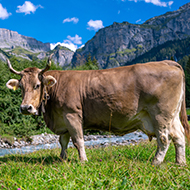Course to help practices hosting overseas vets
29th January 2026
RVC shares new feeding tube guidelines
28th January 2026
New guidelines to improve recognition of canine dementia
28th January 2026
Consultation launched on Veterinary Surgeons Act reform
28th January 2026
iCatCare reveals conference programme for 2026
28th January 2026


